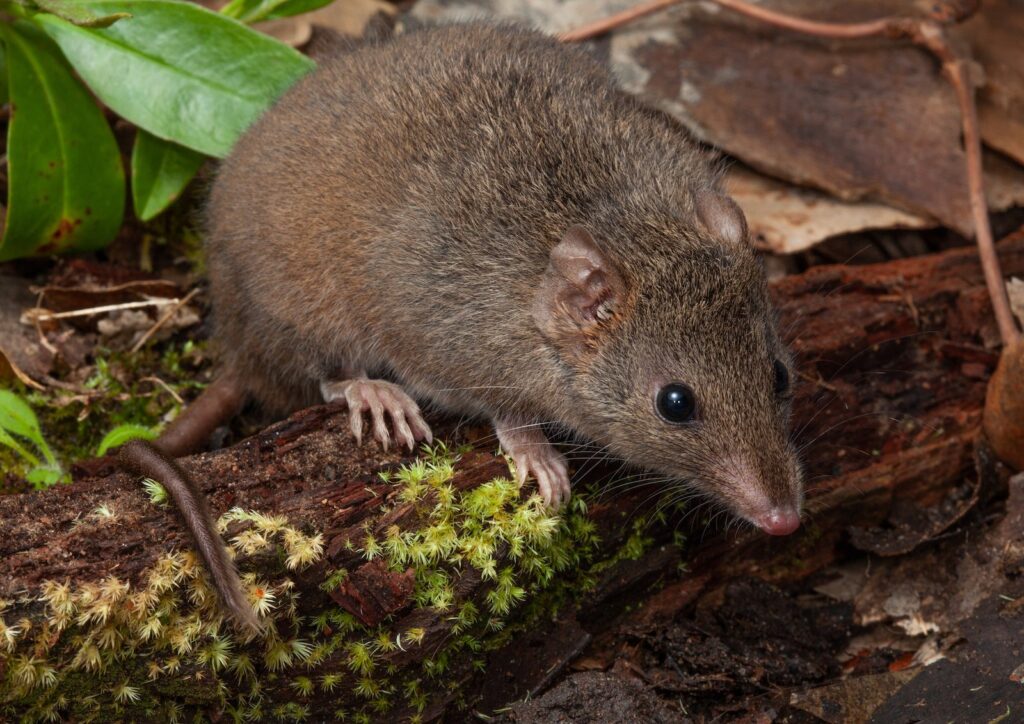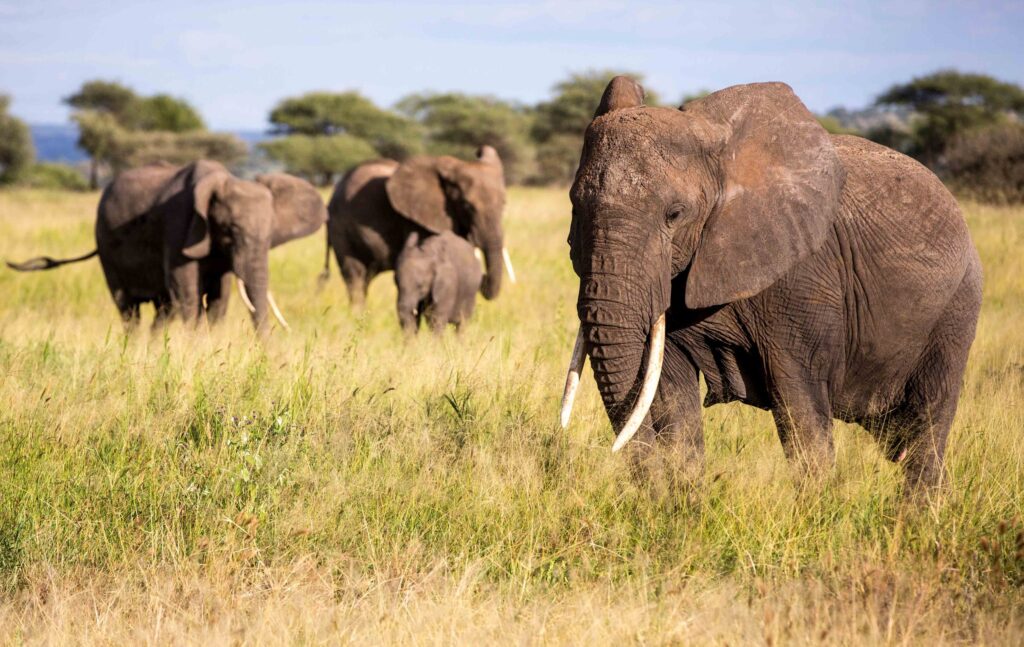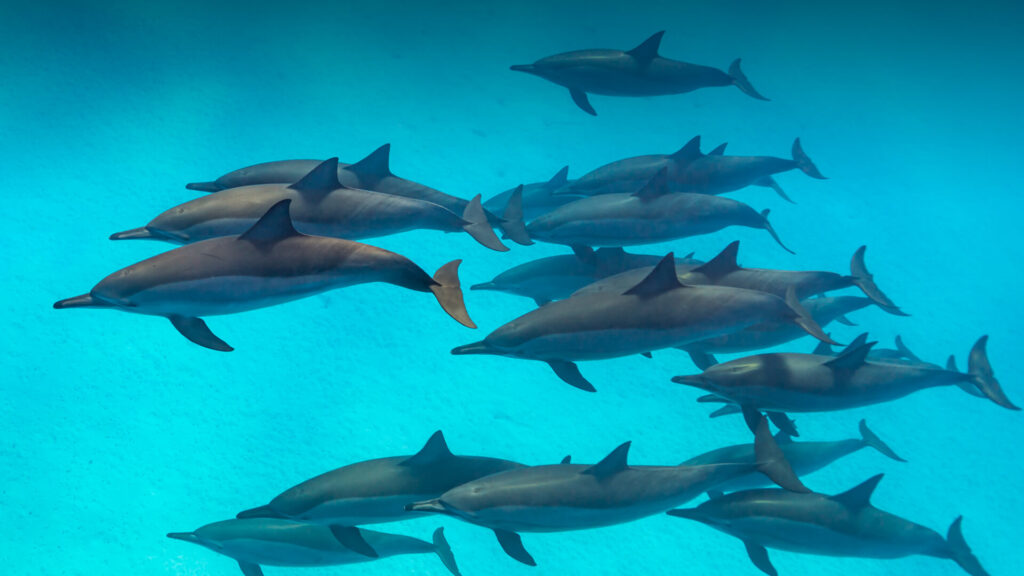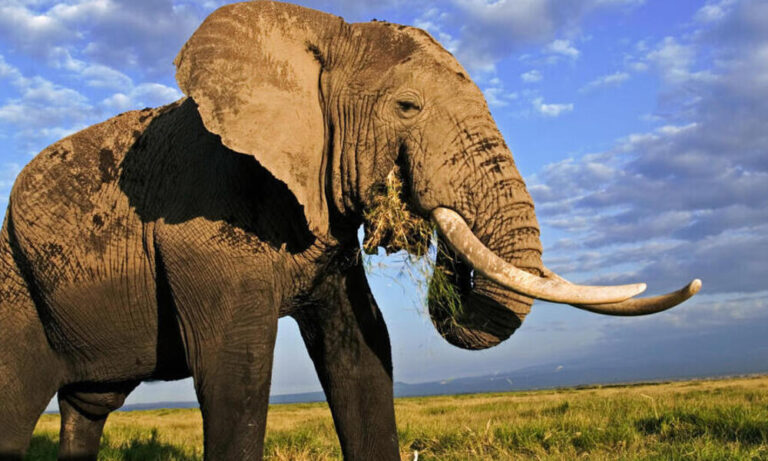In the animal kingdom, sleep is often seen as a universal necessity. But what if skipping those precious Z’s could give you a competitive edge? Surprisingly, some creatures have evolved to do just that. From marsupials engaging in frenzied mating seasons to birds soaring over oceans for weeks, the animal world is full of examples where less sleep equals more success.
The Sleepless Mating Frenzy of the Antechinus

Imagine if you had just one chance to pass on your genes before your inevitable demise. That’s the reality for male antechinuses, mouse-like marsupials native to Australia. These small but determined creatures engage in a literal do-or-die mating season, where sleep becomes a luxury they can’t afford.
Recent research published in Current Biology revealed that male antechinuses sacrifice an average of three hours of sleep per day during their breeding season. One particularly ambitious male even cut his sleep schedule in half! But here’s the kicker: despite weeks of sleep deprivation, these little lotharios don’t seem to suffer any performance issues. They remain active and competitive throughout their final mating season.
This extreme behavior raises questions about the true nature of sleep necessity. If antechinuses can function at peak performance with so little rest, what does this mean for our understanding of sleep’s role in animal biology?
Elephants: The Vigilant Matriarchs

When you think of animals that need little sleep, elephants might not be the first to come to mind. Yet, these gentle giants have mastered the art of minimal rest, especially in the wild. African elephant matriarchs have been observed sleeping as little as two hours a day, with some going without sleep for up to 46 hours straight!
Why such extreme wakefulness? It’s all about survival. Elephants need to graze frequently to sustain their massive bodies, and the matriarchs must remain alert to protect their herds from predators. This adaptability showcases how sleep patterns can be influenced by environmental factors and social roles within a species.
Interestingly, captive elephants enjoy a more luxurious six hours of sleep daily, highlighting how safety and food availability can impact sleep habits. This difference between wild and captive elephants provides valuable insights into the flexibility of sleep needs across different environments.
Dolphins: A Month-Long Vigil

If you thought elephant sleep deprivation was impressive, wait until you hear about dolphins. Mother dolphins and their newborn calves go without sleep for an entire month after birth. This seemingly superhero-like feat serves two crucial purposes:
- It protects the vulnerable newborns from predators.
- It helps the calves maintain their body temperature until they develop insulating blubber.
This extreme example of sleep deprivation raises fascinating questions about the limits of mammalian biology. How do these marine mammals function without the restorative effects of sleep that we’ve long believed to be essential?
Birds: Masters of Micro-Sleep
When it comes to sleep variability, birds take the crown. Frigatebirds, for instance, can soar over oceans for weeks at a time, sleeping less than an hour each night while airborne. This minimal rest allows them to maintain the vigilance needed to ride air currents and spot prey on the ocean’s surface.
But not all birds are extreme insomniacs. Take the chinstrap penguin, for example. These clever birds have found a way to get their recommended 11 hours of sleep by taking thousands of four-second micro-naps throughout the day. It’s a sneaky sleep strategy that adds up to a full night’s rest without leaving them vulnerable to predators or missing out on feeding opportunities.
Related Stories
The Secret Behind Sleepless Success
So, how do these animals manage to function, and even thrive, with such little sleep? Scientists are still piecing together the puzzle, but several theories have emerged:
Adaptive Plasticity
This concept suggests that animals can change their traits in response to environmental changes. Just as some animals hibernate to conserve energy during harsh winters, others might have evolved mechanisms to function on less sleep when necessary.
Hormonal Influence
High levels of certain hormones, like steroids in male antechinuses during mating season, might enable increased activity with little rest. These hormonal changes could be part of the adaptive plasticity that allows for periods of heightened performance despite sleep deprivation.
Unidentified Physiological Costs
It’s possible that these animals are paying a price for their sleeplessness that we haven’t yet identified. Future research may uncover hidden costs to their health or longevity.
What This Means for Human Sleep
As we uncover more about sleep diversity in the animal kingdom, it’s natural to wonder about the implications for human sleep patterns. While health professionals generally recommend at least seven hours of uninterrupted sleep for adults, the wide range of sleep needs observed in animals raises some intriguing questions:
- Could humans also have more flexible sleep requirements than we currently believe?
- Might some individuals naturally thrive on different sleep schedules, similar to how night owls report peak focus around midnight?
- Are the negative effects associated with unconventional sleep patterns in humans possibly due to other factors, rather than the sleep patterns themselves?
While it’s crucial not to draw hasty conclusions—human biology differs significantly from that of elephants or frigatebirds—these animal studies open up new avenues for sleep research. They challenge us to reconsider the links between sleep, health, and longevity in humans.
As scientists continue to investigate the physiological adaptations that allow animals to compensate for sleep loss, we may gain valuable insights into human sleep biology. This research could potentially lead to new approaches for managing sleep disorders or optimizing sleep for better health and performance.
In the meantime, the next time you’re burning the midnight oil or struggling with jet lag, take a moment to marvel at the incredible sleep-defying feats of nature. From sleepless dolphin mothers to micro-napping penguins, the animal kingdom continues to surprise and inspire us with its remarkable adaptability.
Remember, while these animal examples are fascinating, it’s important to prioritize your own sleep health based on current human research and recommendations. After all, you’re not an antechinus with just one mating season to live for!




Comments are closed.